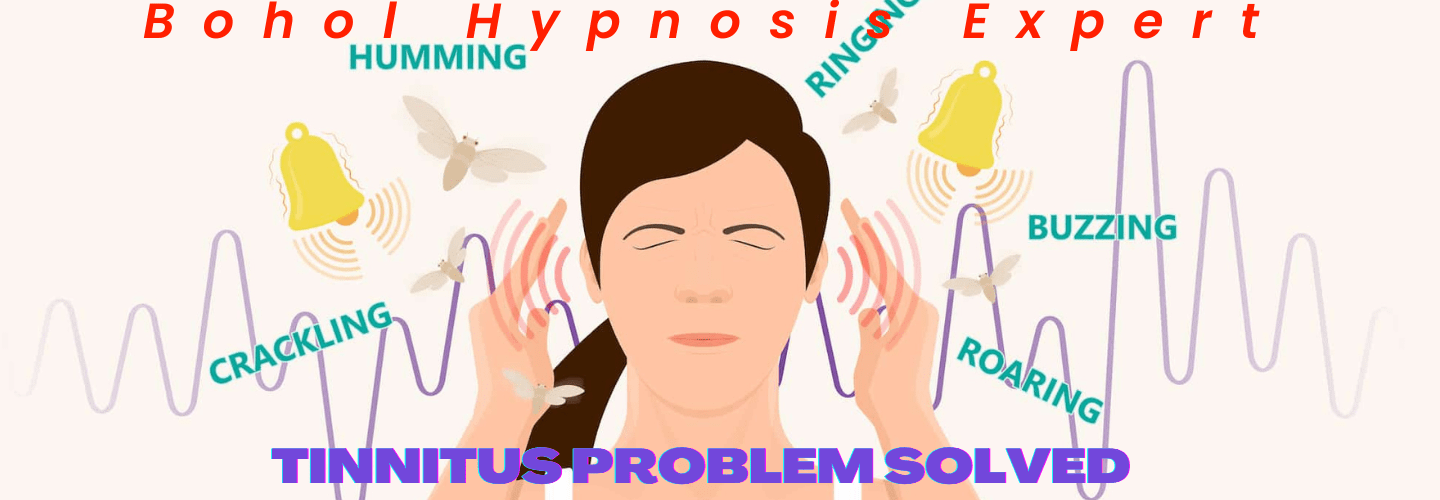
To access your intuition's power, start by tuning into your internal cues through intuitive journaling and mindful observation. These practices not only connect you with your subconscious but also enhance your awareness and ability to trust your gut feelings. By recognizing the calm assurance of intuition versus the shadow voice of doubt, you'll make clearer, more aligned decisions. Engaging regularly with these techniques cultivates deeper insights, paving the way for a more intuitive you. Curious? Further exploration can enrich your understanding.
Key Takeaways
- Practice mindful observation to enhance awareness and connection to your intuitive senses.
- Engage in intuitive journaling to explore and document your inner feelings and hunches.
- Gradually build trust in your intuition by starting with small, everyday decisions.
- Learn to distinguish between intuitive insights and the shadow voice that is driven by fear.
- Integrate intuitive eating practices to strengthen body awareness and recognize natural hunger cues.
Exploring the Definition and Importance of Intuition
Intuition, often dubbed your 'inner guidance system,' is the ability to grasp something instantly without the need for conscious reasoning.
This innate capability bridges the conscious and unconscious parts of your mind, allowing you to make decisions swiftly and effectively. By relying on this mechanism, you're tapping into a deep reservoir of accumulated experiences and emotions that your conscious mind may overlook.
It's vital, especially in today's fast-paced world, where every second counts. Strengthening your intuitive abilities isn't just about enhancing personal insight; it's about cultivating a reliable, internal compass that guides you through life's complexities with greater confidence and ease.
Practical Methods to Enhance Your Intuitive Abilities
To effectively enhance your intuitive abilities, consider incorporating specific, actionable practices into your daily routine.
Start with Intuitive Journaling; it's not just about recording events, but deeply exploring your feelings and hunches. This method fosters a direct connection with your subconscious, providing clearer insights over time.
Complement this with Mindful Observation. Pay close attention to your surroundings and internal reactions to them. This practice sharpens your senses and heightens your awareness, essential for recognizing subtle intuitive nudges.
Both strategies are grounded in empirical studies suggesting that consistent engagement with these practices considerably boosts intuitive accuracy and decision-making prowess.
Key Techniques for Cultivating Stronger Intuition

Building on the foundational practices of Intuitive Journaling and Mindful Observation, it's imperative to explore additional techniques that can further enhance your intuitive capabilities.
Embrace intuitive eating, where you tune into your body's hunger signals and cravings to make food choices. This practice sharpens your ability to trust gut feelings in other areas of life.
Analyzing patterns in these gut reactions during decision-making moments will reveal deeper insights about your intuitive strengths and weaknesses.
The Art of Trusting Your Intuitive Insights
While many people struggle with the concept, trusting your intuitive insights is a skill that you can develop over time through focused practice and reflection.
By harnessing the power of intuitive decision-making, you're tapping into a deeper understanding that often bypasses logical reasoning. This isn't about ignoring facts but integrating them with your instincts.
It's empirical—your past experiences shape these instincts, which inform your gut feelings. Trusting these insights requires a balance of awareness and letting go, allowing you to make decisions swiftly and confidently.
Start small, trust your instincts on minor choices, and observe the outcomes. This methodical approach gradually builds your trust in your intuition.
Differentiating Between Intuition and the Shadow Voice

Understanding how to differentiate between your intuition and the shadow voice is essential for personal growth and decision-making.
Intuition's characteristics include a calm, reassuring presence that gently nudges you towards decisions aligned with your deepest values. It feels right in the gut, often accompanied by a sense of peace.
In contrast, the shadow voice is driven by fear, often loud and critical, clouding judgment with doubts and worst-case scenarios.
It's vital to recognize this distinction: intuition liberates, while the shadow voice restricts.
Mastering this discernment empowers you to make choices that truly resonate with your authentic self.
The Profound Benefits of Listening to Your Intuition
When you listen to your intuition, you're not just making decisions; you're aligning yourself with your deepest desires and truths, which can lead to profound benefits.
Intuitive eating, for instance, harnesses this innate wisdom to guide your dietary choices, promoting better health and well-being.
Similarly, instinctive decision-making enables you to navigate life's complexities with agility, often leading to more satisfying outcomes.
This approach not only enhances your mental and emotional health but also fosters a deeper connection with your authentic self.
Mastering Intuitive Skills for Long-Term Fulfillment

Mastering intuitive skills demands consistent practice and a dedicated mindset, yet it's essential for achieving long-term fulfillment.
By enhancing self-awareness, you deepen your understanding of your internal cues and triggers, paving the way for more effective intuitive decision-making. This process not only improves your ability to make choices that align with your deepest values but also strengthens your trust in your gut feelings.
Over time, this heightened intuition leads to greater contentment and less second-guessing. It's a transformative journey where every step forward in mastering these skills contributes greatly to a more fulfilling and intuitive life.
Frequently Asked Questions
How Does Age Affect the Development of Intuition?
You'll find that age greatly influences intuition through child development and aging effects. Early intuitive skills blossom with exposure, while later life enhances them through accumulated experiences, offering deeper, empirical insights.
Can Intuition Be Scientifically Measured or Tested?
You're barking up the wrong tree if you expect solid answers; intuition measurement and testing remain elusive. Scientific methods struggle to quantify such a deeply subjective and variable human experience effectively.
Are There Cultural Differences in How Intuition Is Perceived?
Cultural perceptions of intuition vary considerably. You'll find that different societies value or distrust these gut feelings, shaping how intuition beliefs are integrated into decision-making processes and daily life practices.
What Role Does Intuition Play in Professional Settings Like Business or Medicine?
In professional settings like business or medicine, your intuition aids in decision-making and risk assessment, providing quick, insightful judgments that empirical data alone might not reveal, enhancing efficiency and outcomes.
How Does Intuition Interact With Psychological Disorders Like Anxiety or Depression?
You'll find that heightened intuition awareness can greatly aid in emotional regulation, potentially reducing symptoms of anxiety and depression by up to 30%. It fosters a deeper understanding of emotional triggers and responses.
Conclusion
In summary, did you know that 90% of executives trust their gut feelings when making essential business decisions? This statistic underscores the profound impact of intuition in high-stakes environments. By honing your intuitive skills, you're not only embracing a personal asset but also leveraging a tool endorsed by top leaders. Trust in your inner guidance—it's a powerful ally in traversing the complexities of life, ensuring you make decisions that are truly in sync with your deepest aspirations.





